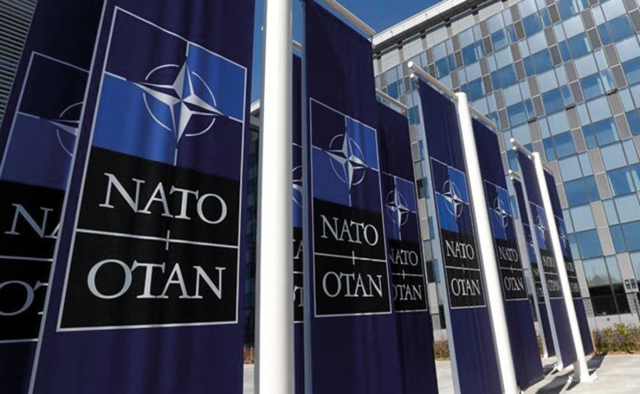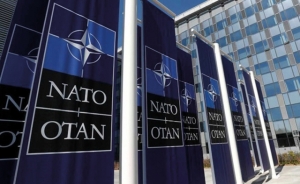From Rasmussen to London
A month will soon pass since the former Secretary General of NATO, Anders Fogh-Rasmussen made THAT statement about a path Georgia might have to use to sneak into the doors of NATO, that is, agreeing to a condition that the Article 5, on collective security and defense, will not cover the occupied territories until they are back under the control of the Georgian government. The statement proved to be rather divisive: some claimed Rasmussen, alongside fellow conspirator Luke Coffey and the proverbial West in general, wanted Georgia to forsake Abkhazia and South Ossetia, while others claimed that this proposal would be the cure to the many ills the country is suffering and we should pursue it posthaste.
What Rasmussen in fact did was offering us a chance to discuss this scenario, that Georgia would follow the example of the so-called German model. It doesn’t necessarily dictate that the Georgian and German cases are identical and would produce similar outcomes. What’s lamentable is that we did anything except discuss, instead partaking in that cherished Georgian pastime of throwing mud at whoever said things we might find disagreeable. Time is in short supply: The NATO Summit in London is fast approaching, while we are busy ignoring perhaps the most realistic formula for our eventual membership. After the initial outcry, the government decided that mum was the word too, promptly followed by the opposition and so-called experts. Peculiar, really, given that as late as on 10th September all three were eager to start discussions on the matter.
The German model isn’t the only one Rasmussen put on table: Earlier, in April, he opined that Georgia might have opted for a Cyprus model as its strategy to achieve NATO membership, although the island state in question dealt with a EU membership dilemma. Obviously, neither Cyprus nor Georgia’s cases are identical, although one could find a plethora of aspects and lessons that would prove beneficial for our cause. A hybrid between a German-Cyprus model might have cut it, if only we dealt with the stumbling block: started a dialogue about this issue with the Alliance. The London Summit is at the doorstep and we have not the faintest idea what our mission is there and what we’d like to bring back.
In recent days, the Georgian press has published interviews with high-ranked American militaries, Generals Philip Breedlove and Ben Hodges, both having served a distinguished career in NATO forces. Both underlined that, militarily, Georgia is ready to enter NATO. Hodges, being the more outspoken of the two, stressed that neither Alliance nor Official Tbilisi should allow Russia to define Georgia’s future. He went further, saying the government should be more active in it’s quest for NATO membership, not giving anyone the impression this is not their chief priority.
Now the sceptics might say that, not unlike Rasmussen, both of these generals have retired from service. What they need to be told is that the authority and contacts of former high-level officials do not evaporate overnight. Their influence very much remains, their word carries weight and it would be foolish not to use the help provided from any such friends, whether acting or former, to further Georgia’s NATO cause.
By David Bragvadze for “Talking NATO for Georgia,” Georgian Institute for Security Policy












